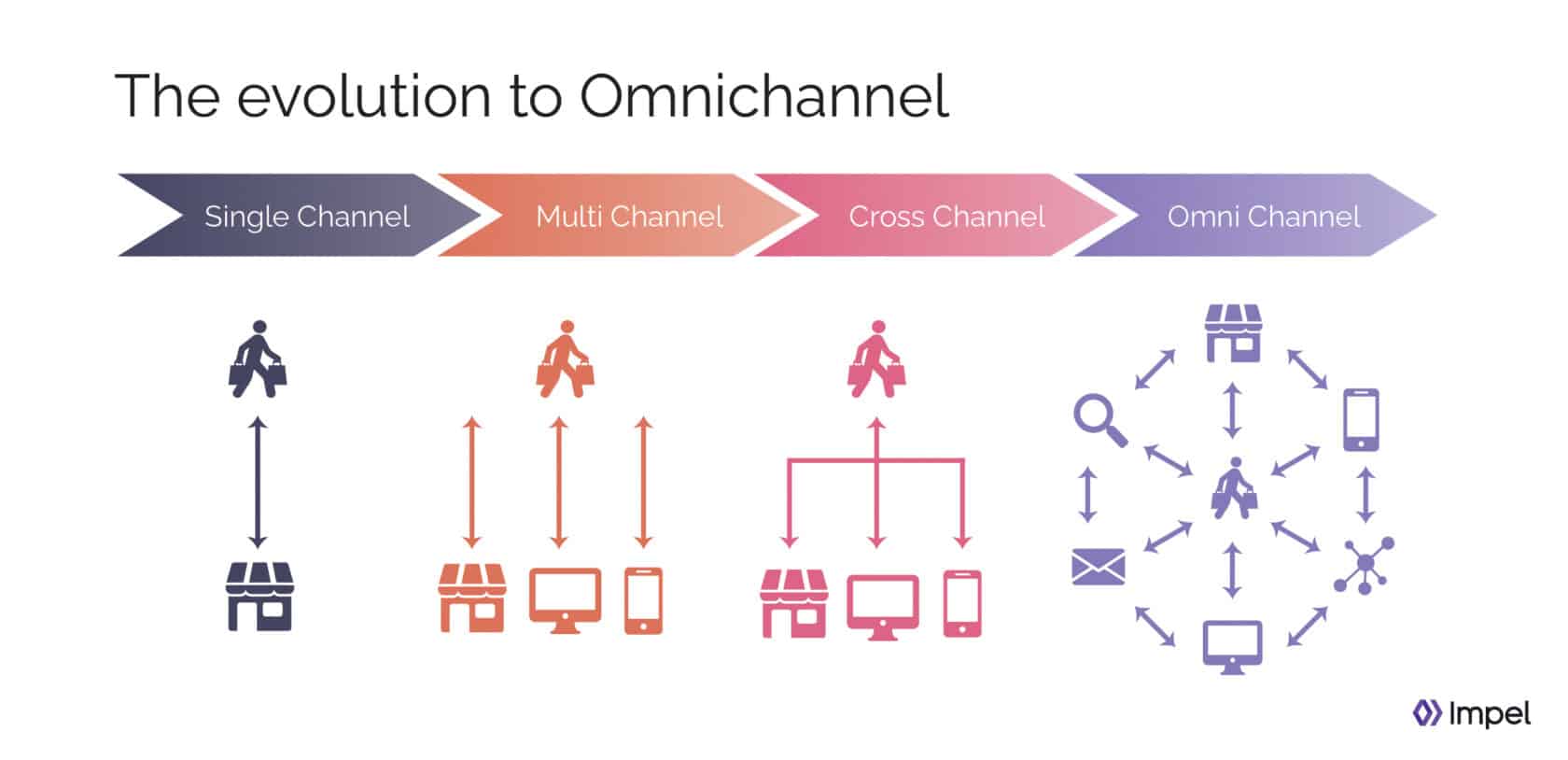
Next-gen AI can transform customer data into meaningful insights that dealers can implement to delight shoppers and turn them into buyers.
Every time a consumer engages digitally, they share data: on mobile or desktop, while browsing or shopping, when using social media, on voice-activated devices around the home or listening to music, or reading the news on a tablet or other device. It’s never been easier for consumers to engage or for dealerships to know their customers with auto retailers thanks to conversational AI for car dealerships. It makes sense that dealerships should utilize this data to better understand, inform, and shape the customer shopping experience.
Many businesses claim to be data-driven these days, but are they putting it on the road, or letting it sit on the server?
Let’s take ‘data-driven’ for a ride and turn data into insights — and shoppers into buyers with specialized AI for car dealerships.
If Data Falls in the Woods…
Data collection is largely pointless without a strategy for continuous application and activation. If data is collected on a server and no one does anything useful with it, does it make a sound…or a difference? Does it impact sales and the bottom line? The answers are all ‘no.’
However, dealerships can create powerful consumer journeys with specialized AI for car dealerships that convert by implementing strategic approaches to data collection, analytics, reporting, and activation across their ecosystem. An effective and delightful omnichannel experience won’t just drive more sales and revenue — it will differentiate dealers from their competition and become a sustained competitive advantage.
When dealerships look at the information they are collecting, there are some basic principles they can use to frame a strategy for data analysis and activation/implementation/usage:
- Decide the type and quality of data necessary to achieve business goals.
- Audit existing available data against the dealership’s needs. Is the right data being collected data to drive metrics? If so, is the dealership appropriately leveraging the data? Ensure the appropriate applications, campaigns, and tools are implemented to collect the data that will move the needle.
- Ensure data is collected in an easy, digestible fashion at significant touchpoints with each digital interaction. The data storage and analytics platforms should integrate with the dealership’s primary consumer-facing systems.
- Determine data analytics and activation processes. What data is being captured and for what purpose? How will the dealership analyze the data to extract insights consistently? How will it be used to implement insights and evolve applications across touchpoints?
For example, this is a good time to distinguish behavioral data, like shopping and purchasing habits, from demographic data, like location. Dealerships can target locations using demographic data and then effectively leverage behavioral data to personalize shopping and purchasing experiences.
Engagements are data. Data is knowledge. And knowledge about consumer behavior is insight into what makes shoppers, buyers. When data is integrated into an omnichannel experience, it conveys a more comprehensive picture of consumer drivers, needs, and behaviors that dealerships can leverage to provide customers with their perfect buying experience.
Omnichannel: Be Everywhere, All the Time
Since 2020, over 80% of businesses have invested in omnichannel experiences, a smart move since consumers no longer use just one or two channels for browsing and buying. Omnichannel engagement allows shoppers to start on one channel, like a landing page, and move seamlessly to a phone call — without the dealership losing track of who they are and where they are in their buying process.
Omnichannel versus Multichannel: What IS the Difference?
Multichannel marketing preceded omnichannel in the evolution of the customer journey. Multichannel means there is more than one channel in play to engage customers given the fragmentation of media. However, the multiple channels were mostly isolated from each other. There is little to no integration or continuity of experience across touchpoints.

Omnichannel integrates the separate channels into a single platform. Every interaction between customer and dealership can reinforce a customized buying journey that considers each consumer’s online behavior and leads them down a path tailored specifically for them.
It’s the dealer’s responsibility to ensure omnichannel interactions are seamless and without loss of information — no matter how long it’s been since the last exchange.
Dealerships with robust omnichannel engagement strategies retain over 50% more customers than those with weaker strategies.
Each consumer engagement with the dealership captures behavioral data that can inform decisions at granular and aggregate levels. On a granular level, dealerships gain insights into shopper-specific behavior and can help tailor content and offers appropriately to shoppers and customers –, particularly with automation technology. These activated insights increase the personalization of every consumer interaction with the dealership. On a broader level, aggregate data can help dealerships make decisions surrounding inventory, the physical showroom, operational changes, sales and marketing strategies, and more.
Customer engagement and behavioral data unlock nearly unlimited opportunities for dealers to personalize, but next-generation automation and specialized AI for car dealerships, like Conversational AI, are necessary to truly activate the power of shopper data at scale.
The Next Step: Conversational Artificial Intelligence Activates and Enhances Personalization
Auto-responders and last-generation AI are no longer enough to stay relevant and competitive. They can’t activate data. Dealerships need to be always-on, always personal, and always distinct from the competition. Why should a consumer purchase from a specific dealership? The difference will come down to how customized, connected, and easy their shopping experience is at any point in time.
“54% of consumers would buy from a dealership that offers their preferred experience, even if it didn’t have the lowest price.”
How can dealerships achieve this? With conversational AI.
Conversational AI keeps the dealership one step ahead of customer expectations by smoothly integrating with dealer systems and processes to turn data into actual personalized interactions with shoppers and customers. And thanks to intelligent automation, AI can activate this personalization at scale across the many consumer interactions a dealership has each day. Machine Learning (ML) and Natural Language Processing (NLP) are two key enablers of Conversational AI.
Machine Learning trains a machine to learn by adapting and improving its predictive models with every interaction. AI technology that utilizes machine learning analyzes data and automatically improves its model over time without human interference. Natural Language Processing utilizes linguistics and AI’s ability to analyze and process human language.
Conversational AI tailors the customer experience by integrating multiple customer touchpoints across channels and evolving (or actualizing) them, moment-to-moment, into a bespoke journey. The technology adapts with every interaction, consistently utilizing customer input to create more engaging experiences for each customer.
Conversational AI is the dealership’s always-on team member. Since Conversational AI can respond immediately and intelligently at scale, answer specific questions, and hand off ready-to-buy customers to dealership personnel, the dealership staff are free to focus on closing leads, nurturing high-value customers, giving in-showroom prospective buyers a white-glove experience, and other higher-order activities that can increase productivity and effectiveness.
Stay Competitive and Relevant — and in the Driver’s Seat
Dealerships need to be competitive in the omnichannel age. The way consumers purchased vehicles in the past is no longer relevant, so dealerships need to adapt to retain their relevance. Every interaction with a customer means additional data for the dealership to create distinctive and compelling shopping journeys. But first, dealerships must have smart strategies in place regarding data intake, insight generation, and application to ensure an effective omnichannel experience. What if dealerships could treat every single customer as if they were having a 1:1 conversation with their best salesperson? That’s Conversational AI. Data-driven strategies can increase shopper delight and conversion — but only if they are supported by best-in-class technology that can empower automated activation.
Read our guide, Driving Next-Generation Vehicle Retailing Success: How AI-powered omnichannel engagement is transforming the customer experience, to learn more about how smart dealerships use customer data to turn shoppers into buyers.
Source Links
